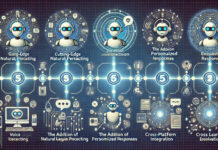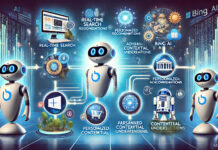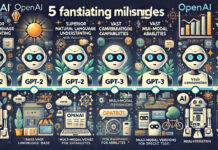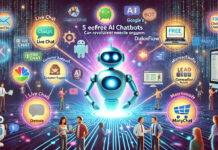As we explore the vast capabilities of Artificial Intelligence (AI), it’s crucial to highlight its potential to positively impact society. AI extends beyond business and personal convenience, addressing significant challenges in humanitarian aid, conservation, and social services. This technology is proving to be a powerful tool for tackling some of the world’s most pressing issues.
Humanitarian Aid
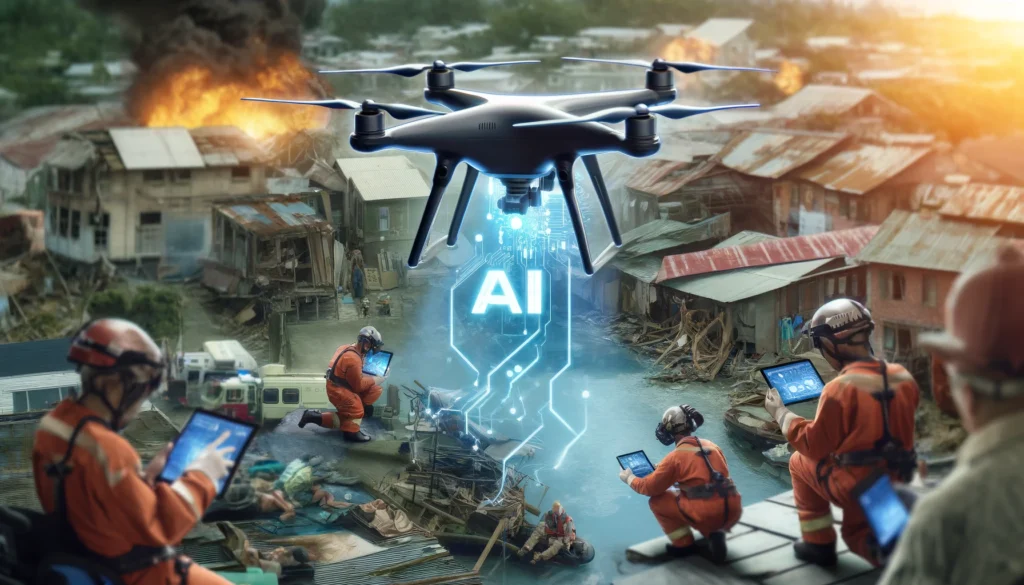
In humanitarian aid, AI improves the efficiency of relief efforts during and after disasters. AI-powered drones quickly assess damage after natural disasters, providing detailed maps to help rescue teams navigate and deliver aid effectively. AI algorithms can predict disaster impacts, enabling preemptive measures that save lives and property. One notable application is resource allocation optimization. AI systems analyze data to predict where food, water, and medical supplies are most needed, ensuring timely assistance to the most vulnerable.
Conservation and Environmental Protection
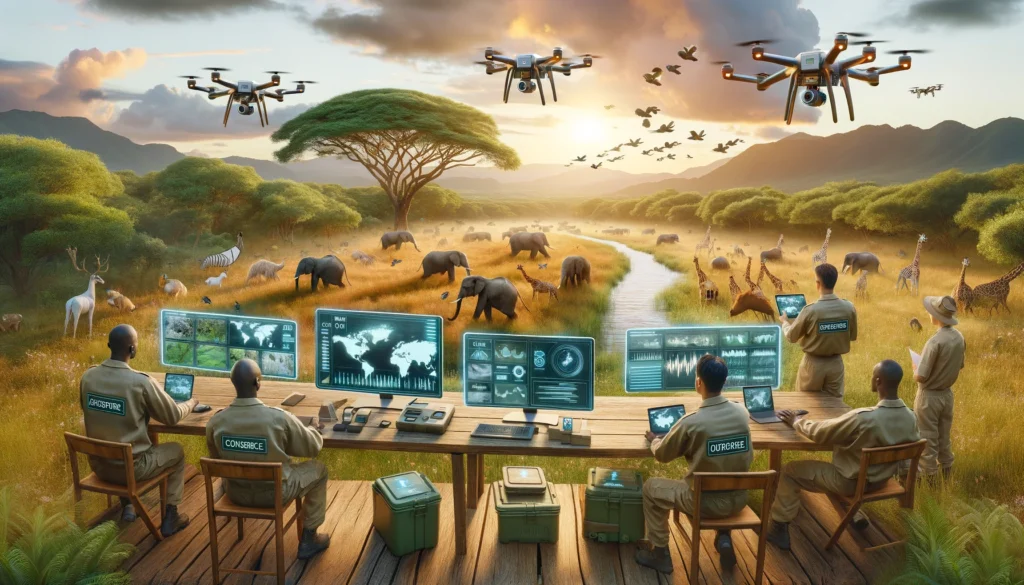
AI plays a crucial role in conservation. By processing data from satellites, sensors, and field surveys, AI monitors wildlife populations, tracks illegal poaching, and predicts environmental changes threatening ecosystems. For example, AI analyzes data from camera traps in wildlife reserves, automating the identification and counting of animal species. This automation is vital for biodiversity monitoring and conservation strategies. Additionally, AI helps combat climate change by optimizing energy use and enhancing renewable energy development. Learn more about AI in conservation.
Social Services
AI transforms social services by providing better support to those in need. AI systems identify patterns indicating when individuals or families are at risk, allowing proactive interventions. Predictive analytics in child welfare, for instance, identify factors contributing to child abuse and neglect, enabling early intervention. AI also supports personalized education programs, adapting learning content to meet individual student needs, particularly in special education and underserved communities. Discover AI’s impact on social services.
Ethical Considerations and Challenges
While AI’s applications for social good are promising, they come with ethical challenges. AI predictions rely heavily on the quality of training data, which can be biased or incomplete, leading to inaccurate outcomes. Additionally, privacy invasion risks arise when AI monitors populations or analyzes personal data.
Conclusion
AI’s potential for social good is immense, offering innovative solutions in humanitarian aid, conservation, and social services. These applications demonstrate AI’s versatility and its positive contribution to humanity. As AI evolves, it presents new opportunities to address global challenges effectively. However, ethical standards must be met, and the technology used responsibly. This balanced approach will maximize AI’s societal benefits while minimizing potential harms, helping to create a better future for all.
For more insights on AI’s capabilities and impact, explore our series here.
